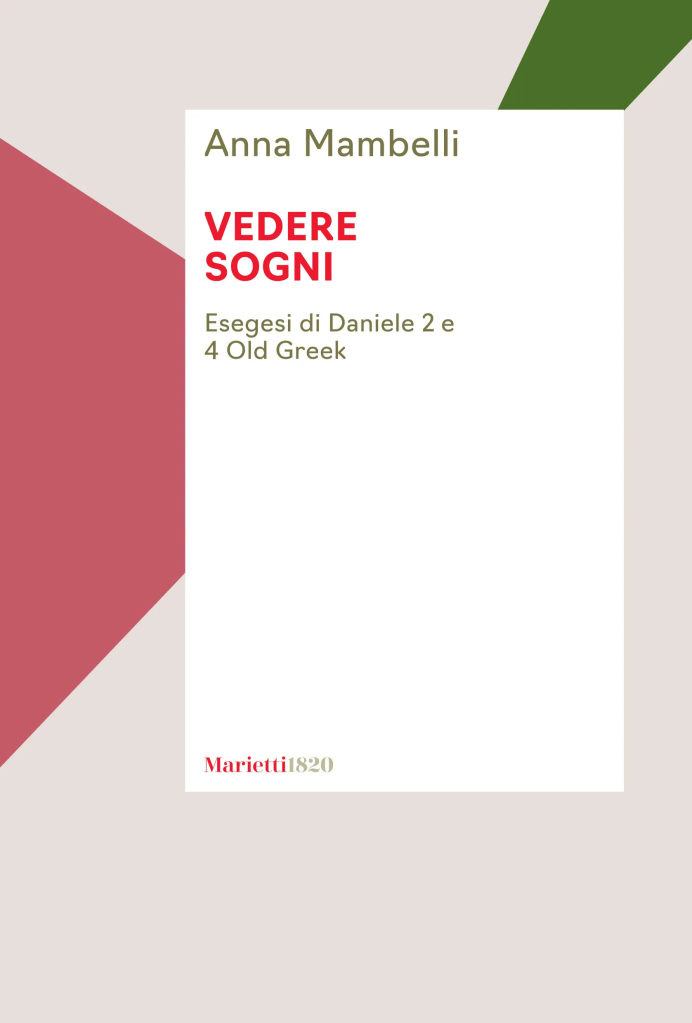Just a brief post today to draw attention to the next meeting of the new Oxford Septuagint Seminar (here), which happens tomorrow. There will be one more meeting this term. But more dates are scheduled for later this spring as well. Details to come. The information for tomorrow is as follows:
Oxford Septuagint Seminar
4 March | 2:00 PM (GMT)
Dr. John Screnock (University of Oxford)
“Using the Septuagint for Textual Criticism of the Hebrew Bible”
Join us via Zoom here:
https://us06web.zoom.us/j/86417722661
Meeting ID: 864 1772 2661
Passcode: 823412
